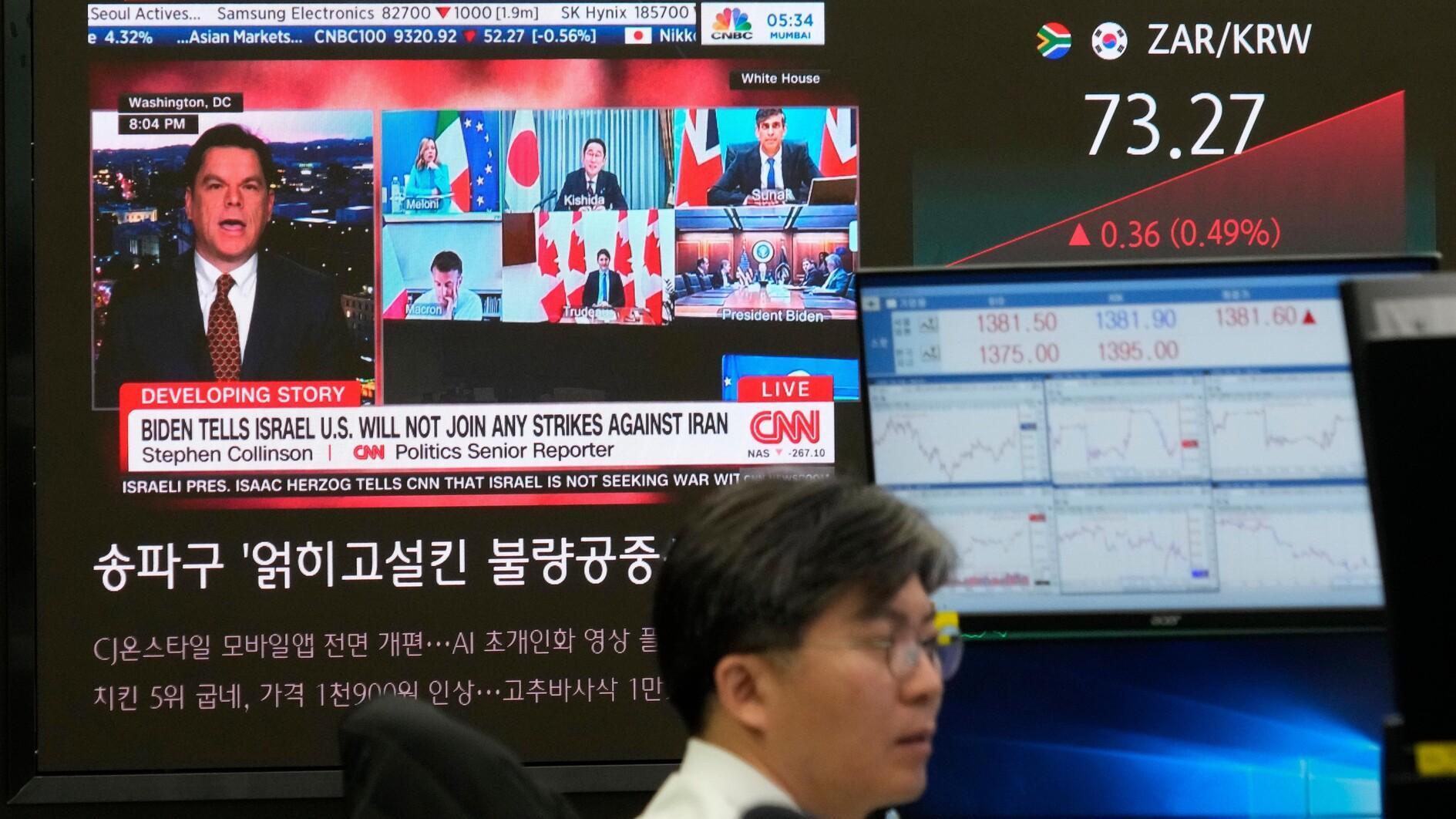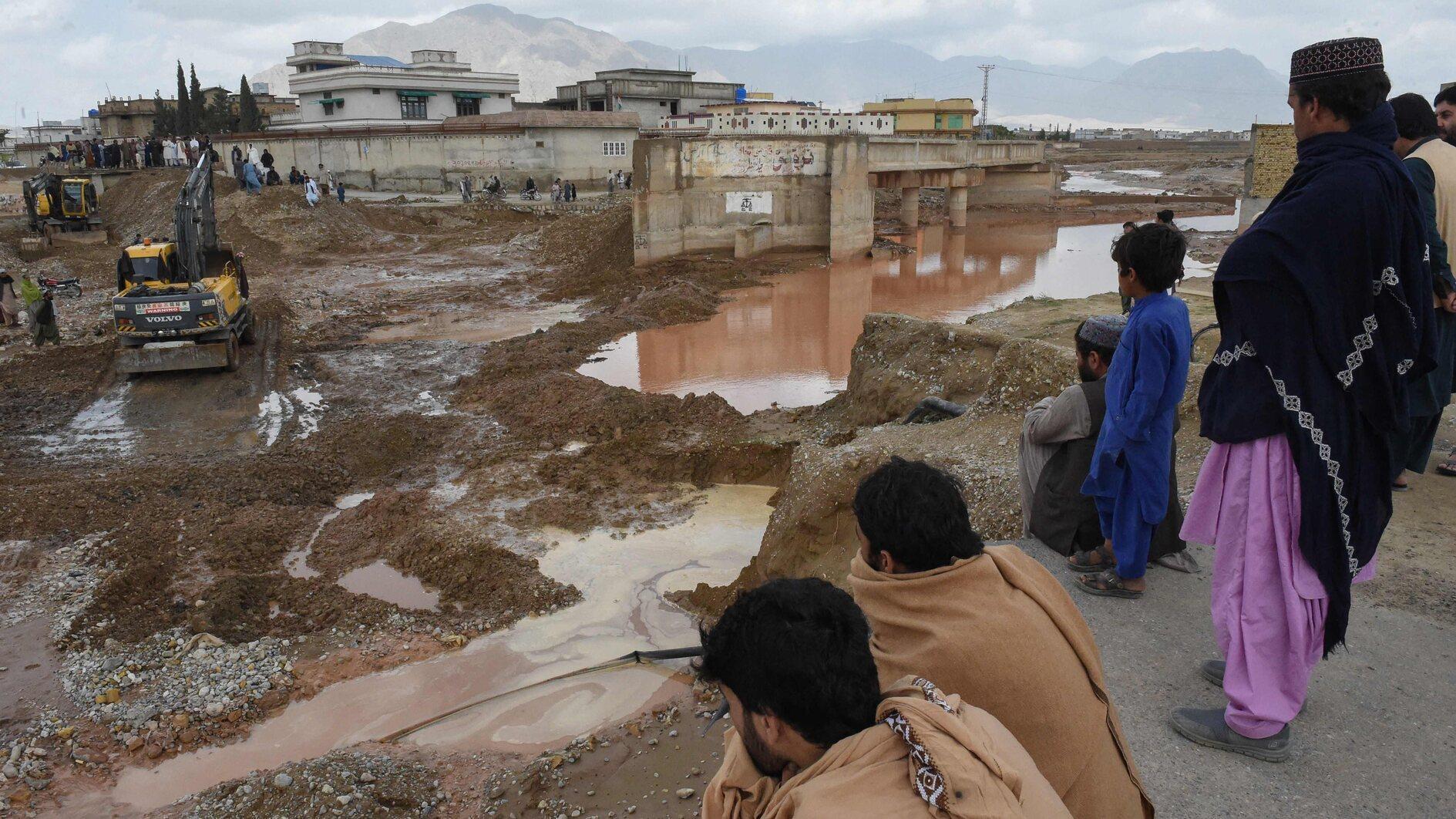Can this be a new start for Cyprus?
The victory by Nicos Anastasiades in Sunday’s run-off elections in Southern Cyprus appears at first glance to be a positive development for those who want to see efforts to end the division of the island resume as soon as possible.
Anastasiades is one of the few Greek Cypriot politicians who came out in support of the “Annan plan” for a settlement to the Cyprus problem, which was scuttled in the end by his compatriots who voted overwhelmingly against it in a referendum in April 2004.
Turkish Cypriots for their part overwhelmingly accepted the plan in their referendum, but gained little in the end. Greek Cypriot’s were admitted as a full member of the European Union, despite having spoiled the settlement desired by much of Europe while Turkish Cypriots were given the cold shoulder again.
Today the Cyprus problem is stuck were it was in 2004 and there is little to suggest a settlement is anywhere near. In the meantime, things have not gone well for Greek Cypriots either. Many of them must be wondering what good EU membership did for them. For one thing it did not enrich them, it impoverished them.
It also did not provided them with any leverage against Turkey as the Turkish side obstinately held its ground in the face of all inducements, threats and obstructions from the EU. The Greek Cypriot EU term presidency in 2012 did not provide any leverage either as the economic crisis in Europe ensured that the Cyprus problem fell off the agenda.
Tellingly, there was hardly any talk about the Cyprus problem during the lead-up to the Greek Cypriot presidential elections also. The principle topic was the economic crisis that hit Greek Cyprus with a vengeance. This is what Anastasiades will face after being sworn in on Thursday.
His election nevertheless shows that there is a new mood in the south. But Greek Cypriots want Anastasiades to take them out of the economic crisis and it is not clear if their position concerning a final settlement to the Cyprus problem has changed since 2004. Neither is there a guarantee that Turkish Cypriots will accept a new settlement plan either, having been led into a dead end with the Annan plan.
The island is also suffering a serious economic crisis, of course, due not only to the international embargoes it has to suffer but also mismanagement by Turkish Cypriot governments. The difference is that Turkey, whose economy is performing relatively well when compared to many EU members, has the capacity to keep the place from collapsing.
Having said all this, Anastasiades may still end up surprising everyone. For one thing Greek Cyrus has to consider its future realistically. Europe will bail it out but only after giving it some bitter pills to swallow. Greek Cypriots will also recall that Europe called on Russia to bail them out, given the large Russian interest in Southern Cyprus.
This can hardly have inspired confidence in the EU for ordinary Greek Cypriots. Turkey, on the other hand, stands there – perhaps as a threat to Greek Cypriots who think along traditional lines – as a country that provides opportunities for economic growth for those who see where the world and the region is going.
In other words, Greek Cyprus hold the key to a very large door, which if opened will not only benefit them and their Turkish counterparts, but the whole of the Eastern Mediterranean if a network of mutually beneficial and reinforcing ties in many fields, including the strategic field of energy, are cultivated with a positive outlook.
This, however, requires less nationalism and more realism. If Anastasiades can end Greek Cypriot vetoes of EU plans to open up to Northern Cyprus, Turkey will likely respond positively too, for example by lifting its veto on Greek Cypriot ships entering Turkish ports. These steps will lead to others that not only increase confidence between the sides but also provide benefits to all concerned.
But this is Cyprus, and it is always better to moderate expectations given the countless false starts experienced in the past.











